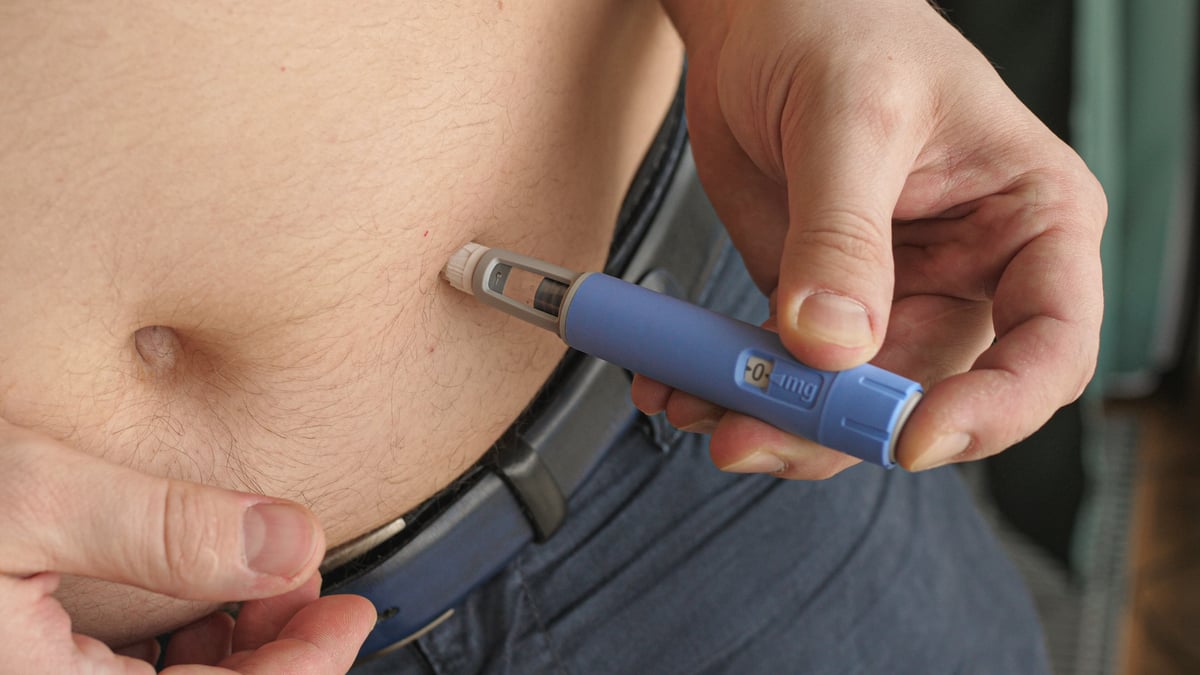Eli Lilly (LLY 3.90%) has been on fire over the past two years. The drugmaker has generated excellent financial results and delivered strong market performance -- so strong that detractors might think it's too late to invest. Lilly's forward price-to-earnings (P/E) ratio currently tops 35, which is more than twice the average of 15.8 for the healthcare industry.
And that's before we get into other issues, such as President Donald Trump's tariff policies, which could harm Lilly's financial results. Even with these potential headwinds, though, there are excellent reasons to invest in Eli Lilly. Let's consider three of them.

Image source: Getty Images.
1. Taking the lead in the weight loss market
Eli Lilly has been a leader in the diabetes drug market for decades. That business is still performing well, and over the past five years, the pharmaceutical giant has also made significant clinical and regulatory progress in the related anti-obesity space. It earned approval for Mounjaro and Zepbound, which treat obesity and diabetes (respectively) and are already generating well over $1 billion per quarter.
Lilly recently posted phase 3 results for orforglipron. This investigational oral GLP-1 medicine would provide patients with another option, as the current leading medications are administered by subcutaneous injection. The pipeline also features retatrutide, a triple agonist that posted strong phase 2 results. More recently, Lilly reported encouraging phase 1 data for a next-gen weight loss medicine.
The company has been even more impressive than Novo Nordisk, its longtime rival, from which it has arguably taken the lead. While Novo Nordisk was first to market with medicines like Ozempic and Wegovy, the Denmark-based company faced some clinical setbacks. Meanwhile, Lilly is notching win after win. Eli Lilly's position in the weight management market makes its stock attractive, considering how fast this area is projected to grow in the coming years.

NYSE: LLY
Key Data Points
2. Diversifying its lineup and pipeline
Eli Lilly isn't a one-trick pony. The company's lineup of approved medicines features blockbusters like Verzenio, a cancer drug, and Taltz, an immunosuppressant. It also includes likely future blockbusters such as Alzheimer's disease treatment Kisunla and eczema treatment Ebglyss.
Lilly isn't slowing down, though. The company has been expanding its pipeline through acquisitions. In May, it acquired SiteOne Therapeutics, a small biotech with a promising oral non-opioid pain inhibitor in clinical trials. Though there are plenty of pain treatments, there is a need for non-opioid options, given the potential side effects of opioid-based therapies. The buyout of SiteOne Therapeutics cost Eli Lilly $1 billion in cash.
Then on June 17, Lilly announced it would acquire Verve Therapeutics, a biotech that develops gene-editing medicines for cardiovascular diseases, for about $1.3 billion in cash. These deals demonstrate that Eli Lilly doesn't want to rely too heavily on its core therapeutic areas, which investors should appreciate.
3. Justifying its valuation with its outlook
Eli Lilly's valuation might be a significant stumbling block for some investors. If the stock fails to meet the market's lofty expectations, its shares will plummet. That's what happened after the company reported first-quarter earnings. Though they would have been considered blowout results for any other pharmaceutical giant of comparable size, Eli Lilly is different.
Weaker-than-expected guidance sent the stock price down significantly. Even so, Lilly grew revenue by 45% year over year to $12.7 billion. Revenue growth in this range is exceedingly rare for a drugmaker of this size. And net income grew by a still-impressive 29% year over year to $3 billion.
Eli Lilly is worth a premium considering the strength of its financial results, even if the stock is somewhat volatile in the short term. The company's work in weight management, diabetes, and other areas should lead to numerous clinical and regulatory successes over the next five years, as well as consistently above-average growth on the top and bottom lines. That's why despite its rich valuation metrics, the stock remains a buy.





